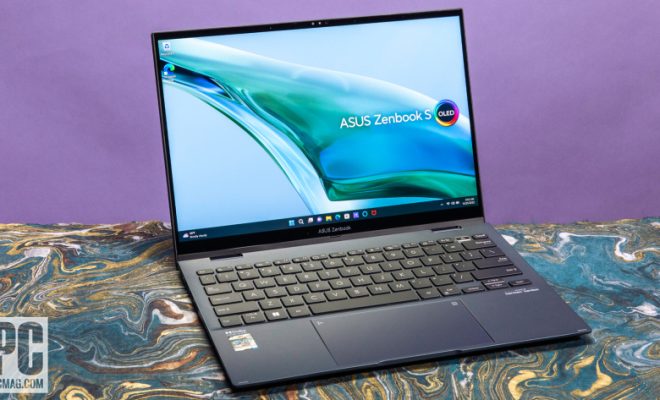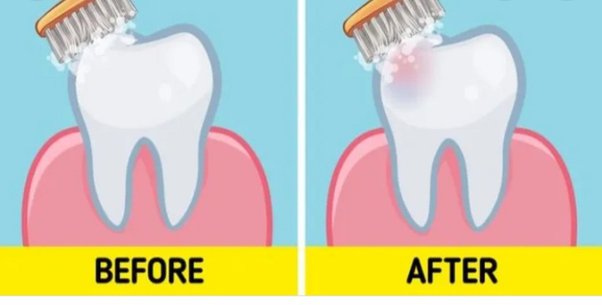Buying First Car: Tips of the Trade

Purchasing your first car is an exciting milestone, but it can also be a daunting experience filled with potential pitfalls. The following tips will help guide you through the process, ensuring that you get behind the wheel of a vehicle that meets your needs, fits your budget, and provides a reliable means of transportation.
1. Establish a budget: Before you begin shopping, determine how much you can afford to spend on a vehicle. Consider factors such as monthly payment, insurance costs, fuel efficiency, and maintenance expenses.
2. Research: Use websites and magazines to research different makes and models. Online resources like Kelley Blue Book (KBB) or Edmunds provide valuable information on the reliability, resale value, and features of various cars.
3. Narrow down options: After researching, narrow down your options to a few models that best fit your needs. Make a list of must-have features and other preferences to help guide your search.
4. Test drive: Test driving multiple cars in your narrowed-down range will give you a sense of how each vehicle handles, its comfort level, and overall performance.
5. Inspect: When you’ve found a potential car, inspect it thoroughly for any signs of damage or wear and tear. In addition to visually inspecting the exterior and interior, test all the features – switches, buttons, locks – to ensure proper function.
6. Check vehicle history: Obtain a Vehicle History Report (VHR) or CARFAX to learn more about a used car’s past ownership, service records, accident history, and other crucial information.
7. Financing: Shop around for financing options with local banks or credit unions rather than accepting rates offered by dealerships. You might be able to secure better terms or even pre-approval by doing some research on your own.
8. Negotiate price: Don’t hesitate to negotiate when making an offer on the vehicle. Be prepared to walk away if the seller is unwilling to budge on price or meet your specific terms.
9. Pre-purchase inspection: If you’re buying a used car, have a trusted mechanic perform a pre-purchase inspection to identify any potential issues before completing the transaction.
10. Closing the deal: Once you’ve reached an agreement with the seller, ensure that all necessary paperwork is completed, including title transfer and bill of sale. Obtain proof of insurance before driving off the lot.
By following these tips, your first car-buying experience can be smooth sailing, setting the foundation for confident and informed future purchases in an ever-evolving automotive market. Happy driving!





